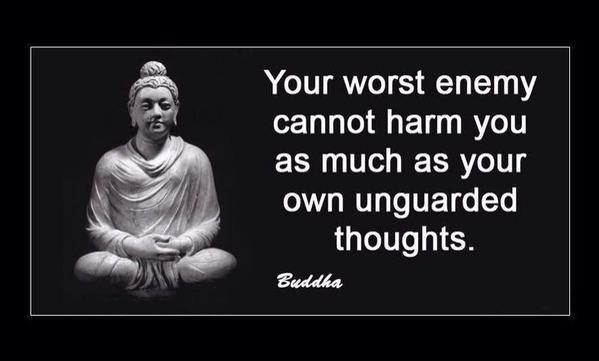Top 10 tips for keeping your sanity
1 Dwell on positives rather than negatives.
Life happens. It how we respond to challenges that define us, if you focus on negatives they gain energy and become who you are.
Event x Reaction= Outcome
If we can learn to control our reactions we feel, we can influence the Outcome.
2 Appreciate who you are as a person.
Most people are really conscious of how others might perceive them. In fact the number of people who assume powers of mindreading is startling!
Why not get to know and feel good about yourself rather than compare yourself to the sometimes impossible comparative images our mind sets up!
3 Let go of the past you can’t change it.
People dwell too much on the past, you cannot change what has already happened, we also spend a lot of time wasting energy on future problems that might never happen! We worry too much about things we imagine or that which we cannot control. This becomes baggage ….like metaphorically filling a rucksack full of life’s baggage, it gets heavier and heavier until we can bare it no longer. Don’t worry about those things you can’t control.
4 Don’t become a part of someone else’s story.
People own their view of the world, it is so easy to get drawn into the worries and problems of others. By all means sympathise but when you empathise you take on board the angst of others and become part of their story (emotions that did not even belong to you!) sharing problems is good, but learn not to own them.
5 Do not say yes when you mean no.
Have a vocab to say ‘no’, be honest with yourself.
6 Enjoy, laugh and smile!
We become our emotions. Our bodies are chemical factories that respond to external stimuli. By physically smiling more and/or laughing you release the following chemicals: Dopamine, oxytocin and endorphin levels in the human body (some people pay a lot for these drugs!)
7 Seek and hold onto friends
Whether you like the idea or not, people need people. Interaction with friends has been proven to aid longevity; find good friends and hold onto them.
8 Be present in the now.
Find a passion; think what defines you and makes you interesting to yourself, learn something new and take time to be in the ‘Now’ even if you are simply walking your dog…
Make sure you see the good things as well as the self-critical. (The lessons of Mindfulness are worth taking notice of.)
9 Recognise that:
85% of peoples’ perceptions come from how we look and present ourselves, only 15% of what we communicate is through what we say, learn to act, dress the part, play the part… as Shakespeare once stated ‘The world is a stage and we are all merely actors…. Very true… enjoy!
10 Be conscious of the language we use and seek to explore the impact of its varied use….
The words (and patterns of words) we use, control our thoughts and feelings. By using the correct language we can influence both ourselves and others. Sales people use such techniques to hook you in…..(pattern of three).
And finally remember:


